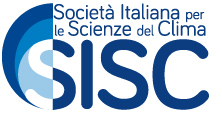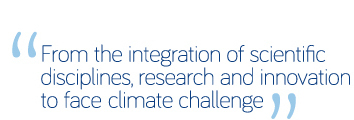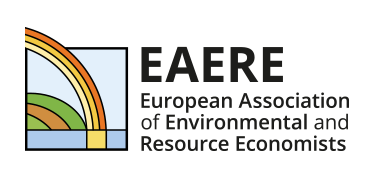The official language of the Conference is English. This page is available only in English.
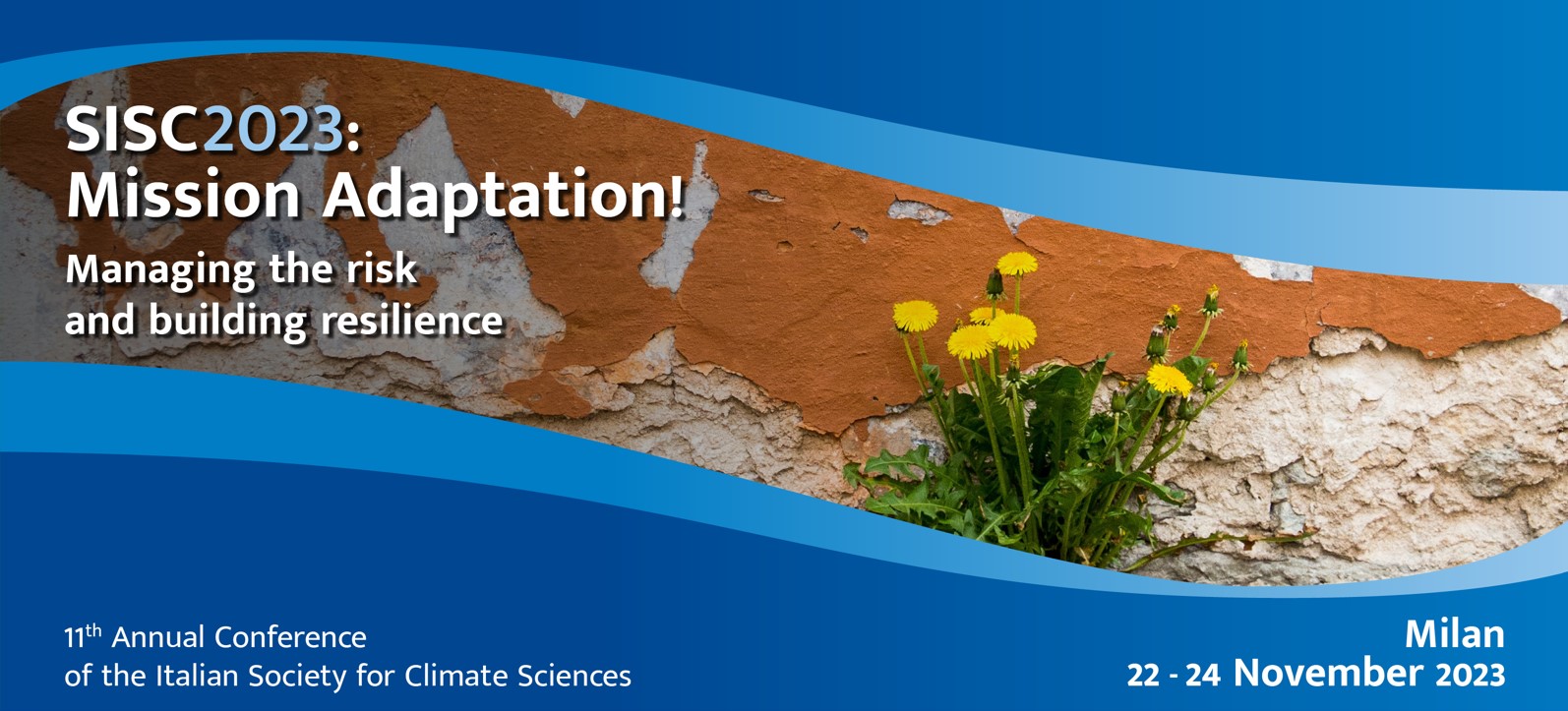
2023 Annual Conference: Keynote
Alberto Troccoli
World Energy & Meteorology Council / Inside Climate Service srl
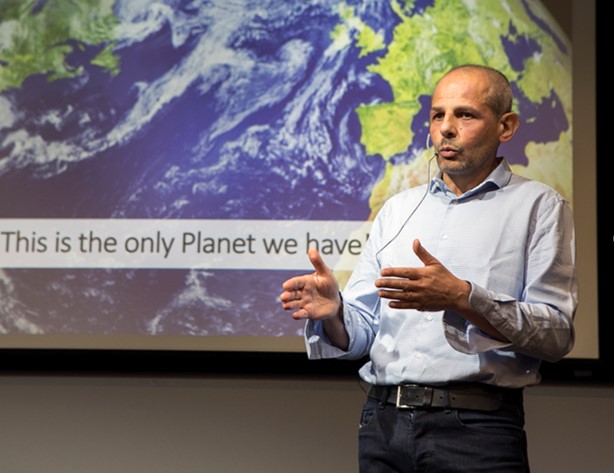
Alberto Troccoli is the co-founder and Managing Director of the World Energy & Meteorology Council, co-founder and CEO of Inside Climate Service srl, and a visiting professor at the University of East Anglia (UK). He has over 25 years of experience in the fields of meteorology and climate, and in the last 15 years has been exploring their applications to the energy, and other, sectors. His career includes time at several leading institutions such as NASA, ECMWF (UK), the University of Reading (UK) and CSIRO (Australia). Alberto has published extensively and is also the chief editor and an author of four books. He is also the main author of a few United Nation’s World Meteorological Organization’s publications such as the Global Framework for Climate Services’ Energy Sector Exemplar (2017), the Integrated Weather and Climate Services in Support of Net Zero Energy Transition (2023), and the 2022 Year in review: Climate-driven Global Renewable Energy Potential Resources and Energy Demand (2023, upcoming). He is also the leader of the Copernicus Climate Change Service’s Energy operational service. In addition, he has led the development of the Teal tool (https://tealtool.earth), a user-friendly free interactive visualisation tool which allows global historical climate and carbon emissions data (and soon climate projections too) to be easily visualised, understandable and accessible. Alberto holds a PhD in Physical Oceanography from the University of Edinburgh (UK).
KEYNOTE LECTURE – Thu 23 Nov 2023 – h. 14.30
How can we balance adaptation measures with mitigation targets in a changing climate? The case of the Energy sector
The energy sector is one of the main emitters of greenhouse gases. It must therefore be a key actor in trying to avert the ever-worsening damage caused by the impacts of climate change through the global energy transition towards renewable energy (RE). As these RE resources are largely driven by weather factors, it is critical to understand and predict the effect of the variability of relevant meteorological variables on RE generation, as well as on energy demand, itself also dependent on weather. Moreover, climate change poses increasing risks to energy infrastructure such as damages to pylons and lines due to fire or storms, to substations due to flooding, etc. It may also affect the provision of energy due to changing conditions of events like wind lulls (for wind power), droughts (for hydro power), heat waves (for energy demand), etc.. After reviewing some of the many ways in which climate and energy interact with each other, this talk will explore some of currently identified climate risks for energy production and infrastructure, also comparing adaptation and mitigation costs for the energy sector. While implementation of some climate adaptation options looks inevitable it is important not to divert the attention from mitigation actions.
